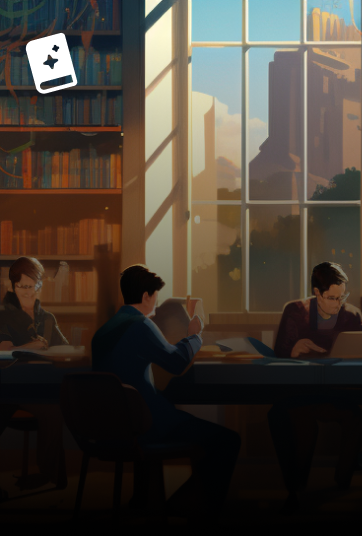
Censored

Censored
Censored
Distraction and Diversion Inside China's Great Firewall

Censored

Censored
Distraction and Diversion Inside China's Great Firewall
This is a very academic text, lots of repeated definitions, intros and conclusions constantly summarizing what we're about to read or have just read. I would have preferred to read the general-audience version of this, but it was very interesting nonetheless. Roberts defines different methods of censorship, looks at the current situation in China, and then crunches the numbers on a couple of studies that show the effects of censorship.
Censorship is the restriction of expression of information, and the restriction of access to information.
The three methods of censorship:
- fear ... government issued punitive consequences
- friction ... increase the “cost” for distribution or retrieval of information (extra technical know-how or time needed to access blocked websites, via VPN etc)
- flooding ... release of competing distracting information to drown out unwanted information (mostly propaganda)
In the past Fear-based censorship was more common, yet today has more potential for backlash. Friction and Flooding are much less obvious forms of censorship, often can't be easily detected, and therefore lead to less negative reactions from the public. Friction that's slowly introduced is the most effective. The government can for example slowly throttle the responsiveness of external websites, and the public wouldn't notice and believe that the quality of the website itself deteriorated.
In China the government owns and controls the media. Journalists need to be government certified. The so-called 50 Cent Party government-paid internet trolls spreading pro-China propaganda across the internet. Only 10-15 years ago, most international websites were still accessible in China. Today, China has the Great Chinese Firewall which blocks twitter, facebook, google, etc and channels everyone to use Chinese (state-controlled) equivalents instead. People can still circumvent this restriction by using VPNs but the cost/effect is too high for the masses.
Fascinating. Even if the text was very dry.